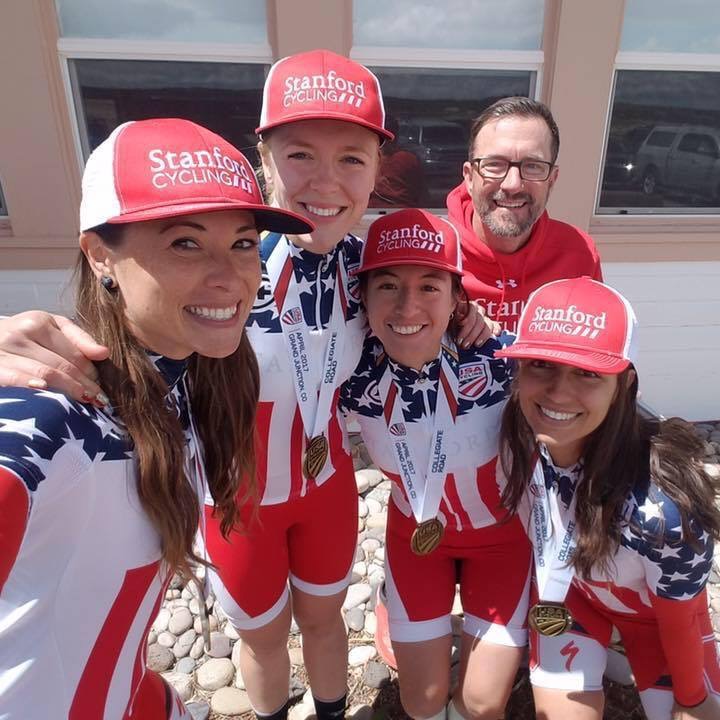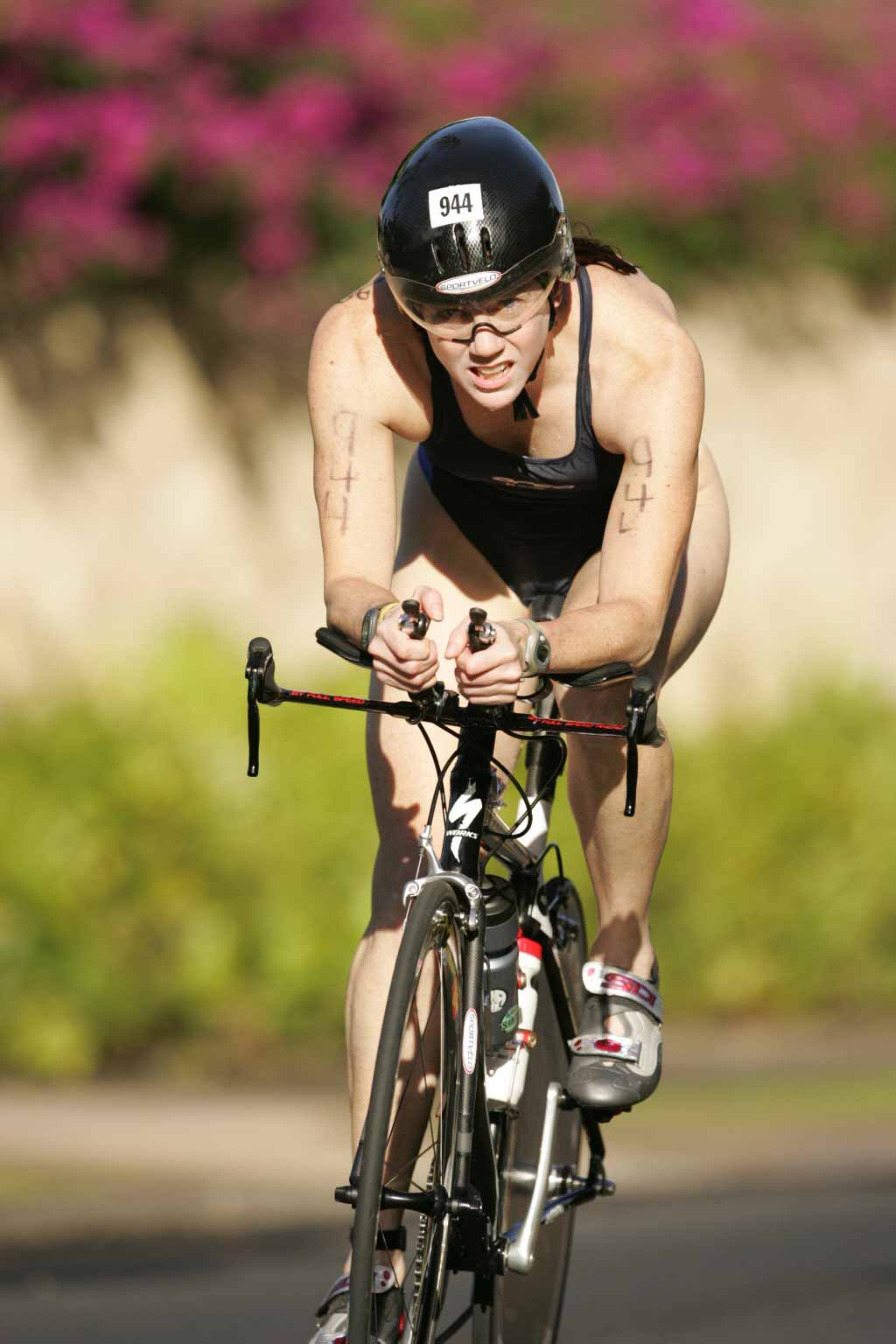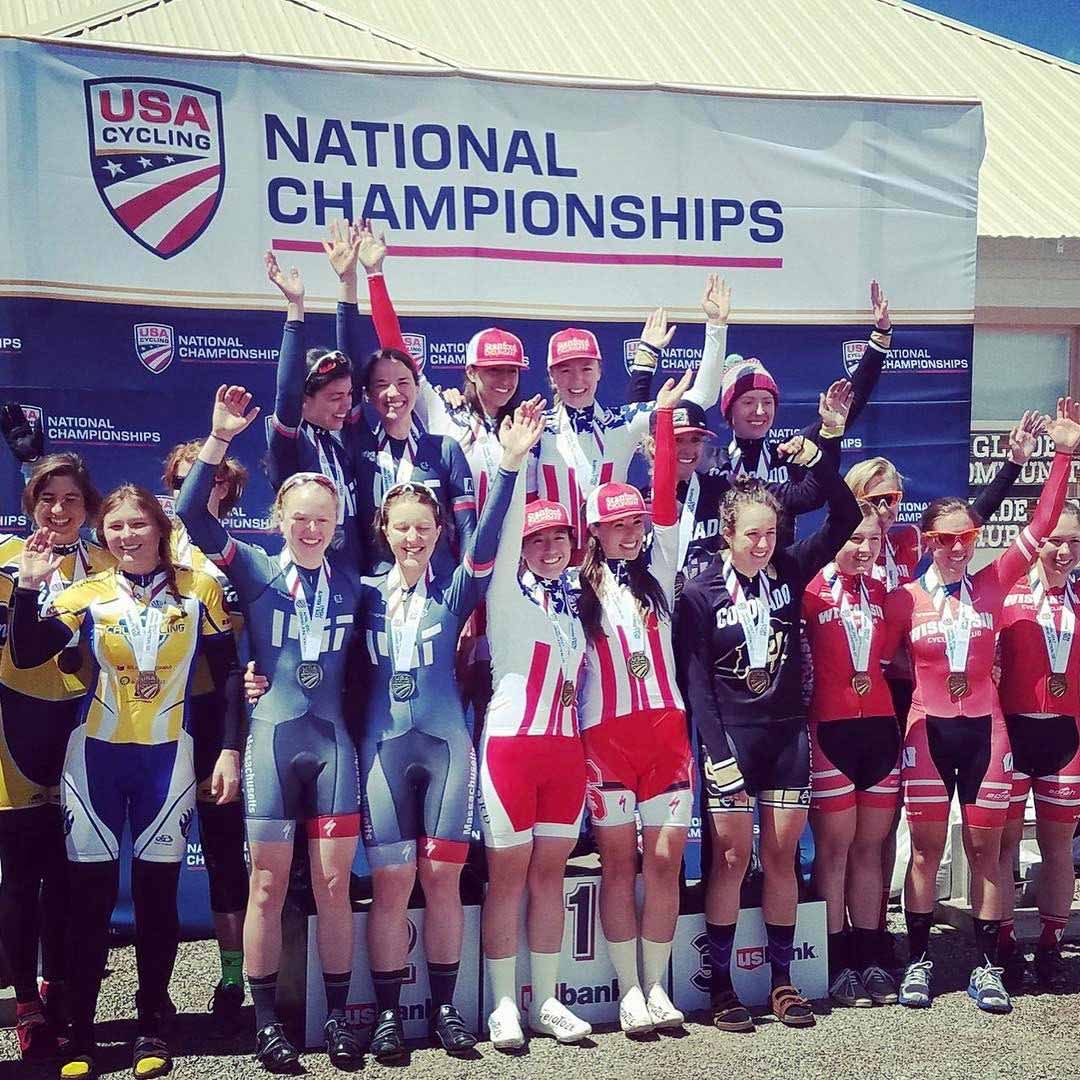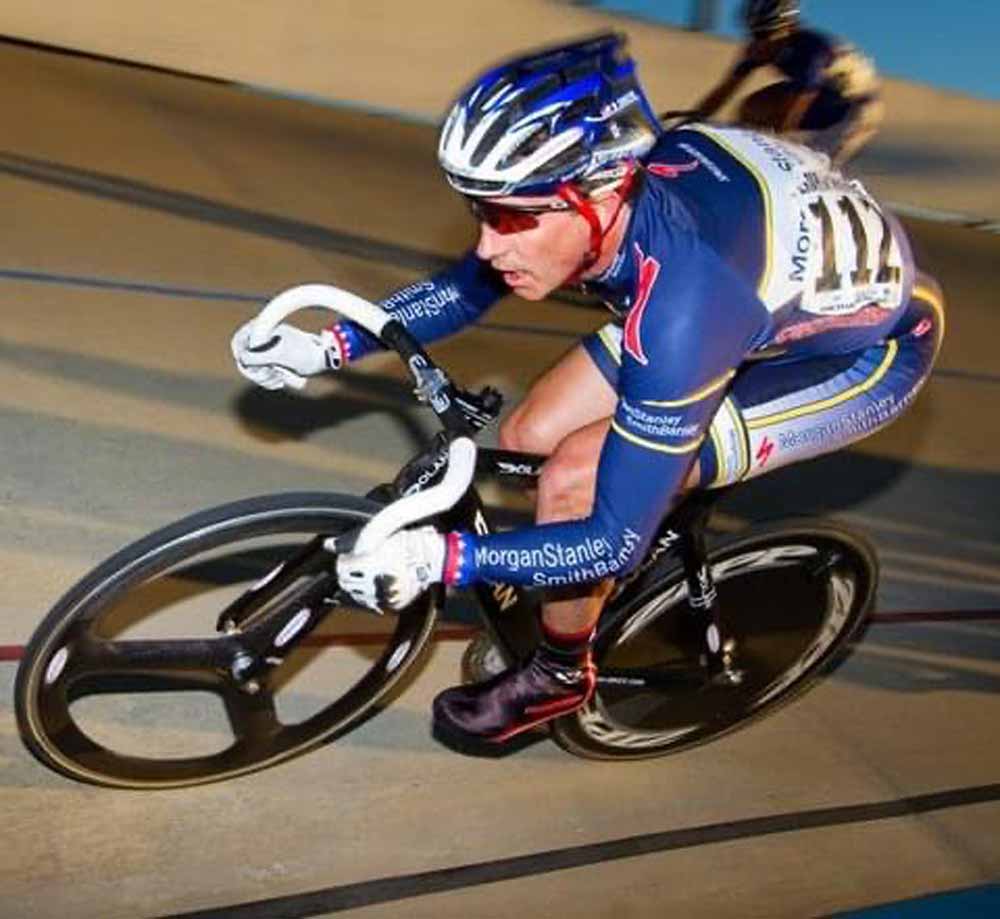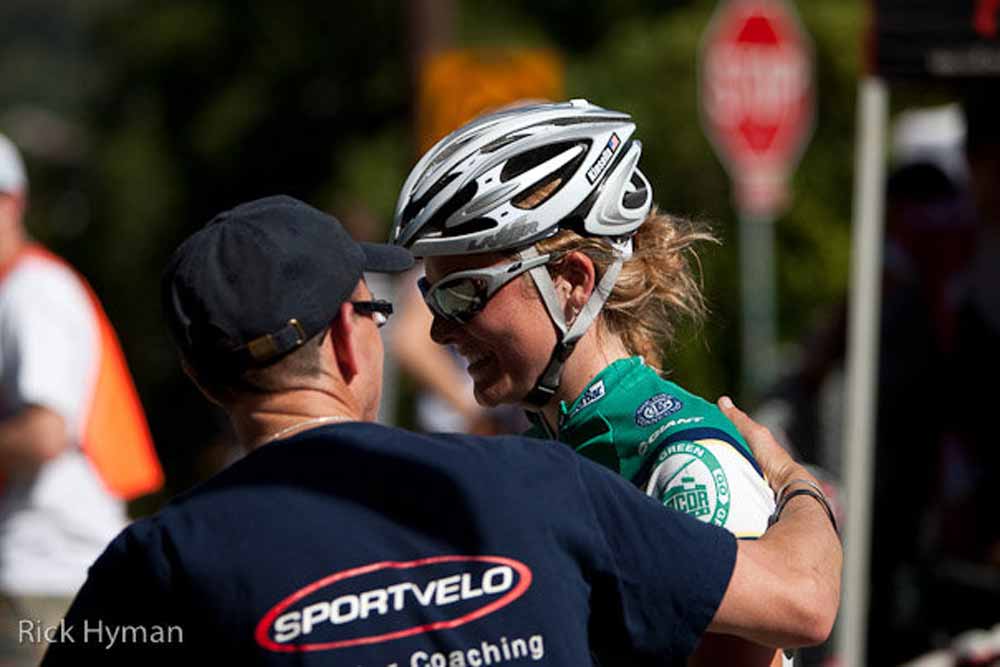Coaching is as much art as science. It’s easy to get lost in numbers, research & someone else’s training schedule. If training were that easy, my job would be simple: all I would need to do is to create one workout schedule for 12 months for everyone and distribute it.
Obviously, that’s not ideal. I don’t believe in cookie-cutter training schedules. In fact, the hardest part of my job is determining how much and when an athlete should rest. My coaching is highly individual and varies from athlete to athlete.
However, I do have some basic tenets that apply to everyone I coach.
1. The best athletes adapt.
When life throws you for a loop, what do you do? Do you get frustrated and angry and angst about your training schedule?
Good athletes adapt to the changing situation. It could be a course change, getting lost, arriving at the race venue late, weather change, injury, sickness, job change, whatever. As they say, life happens while you’re busy making plans. Expect the unexpected. Take the opportunity to learn from every experience, even the negative ones. Learn to adapt to changing situations, and you will be a better athlete. The best athletes not only are disciplined but also adapt best.
2. Attitude matters.
Two athletes competed in an early-season bike race.
The first finished in the top ten and reported, “I am so sick of riding in the rain! All I did was follow wheels, and I got a faceful of wet road slime all day. I didn’t think I gave it 100% at the finish. Now I think I’m going to get a cold from freezing my butt off for hours on end.”
The second got dropped, finished almost last, and reported, “Good thing we trained in the rain this winter, because all those SoCal racers couldn’t handle the cold and the wet like I could. I stuck my face in there. I was gutsy and aggressive, and I got in a move that completely fried me, and I went shooting out the back and got dropped by the pack. But I gave it everything I had and finished the race.”
Guess who ended his season early? Guess who upgraded later in the year?
It’s OK to complain, but whining is counter-productive. Attitude matters. Having the right attitude is a part of being a good athlete.
3. Discipline matters.
When trying to achieve your best, discipline matters. I’m not just talking about that glorious, last-second push for the finish line. I’m also talking about the good, old-fashioned, day-to-day work ethic. When you stay disciplined in your training, doing everything, following the plan, resting harder, going the extra mile, taking care of yourself better, then you will succeed. If you have given it everything that you’ve got, you will exceed your expectations.
This mindset doesn’t minimize the training and the structure. You can call it perseverance, endurance, tenacity, determination, whatever. Give it everything you’ve got. And you probably have more than you think…Grit.
4. What gets measured, gets done.
Establish metrics so that we can measure against them. Whether it’s your FTP, your weight, your power on your local time trial course, or your 5K PR, consistently measuring these values throughout your season allows us to demonstrate your progress and optimize your training plan. Ultimately, your performance is what matters, and tracking your metrics can help maximize your performance.
5. Feedback.
I need feedback from my athletes to be successful as a coach. If I didn’t need feedback, I could produce generic training plans for everyone. I’m not that kind of coach, and I never want to be that kind of coach. I want to hear that work is stressful, or that waking up at 5AM to work out is simply impossible for you, but that you can work out better at 6PM. I want to hear that your right knee is bothering you. I need to know which workouts I give you are your favorites, and which you can’t stand. When your goals change, when you are unmotivated, when you can’t do the workouts…tell me so I can adjust your schedule.
One of the benefits of working with a coach is personal attention. But communication is two-way, so you must do your part.
6. Believe in your coach.
There are many ways to get fit and strong for racing. That means my way isn’t the only way. However, having a consistent training plan, working with a knowledgeable coach you can trust and believe in, and then following the plan is the key to your success. Of course, this training plan will also need to be fluid based on your ability to follow the plan; get adequate rest; recover; avoid or deal with sickness, injury, stress, work, lifestyle, and all the other pitfalls we encounter.
Jumping from one training philosophy to another, and another, and another isn’t a good path to success. If you don’t believe in my philosophies or my abilities, please, find another coach. If you have faith in my ability to get you where you need to be, then I can be successful as your coach.
